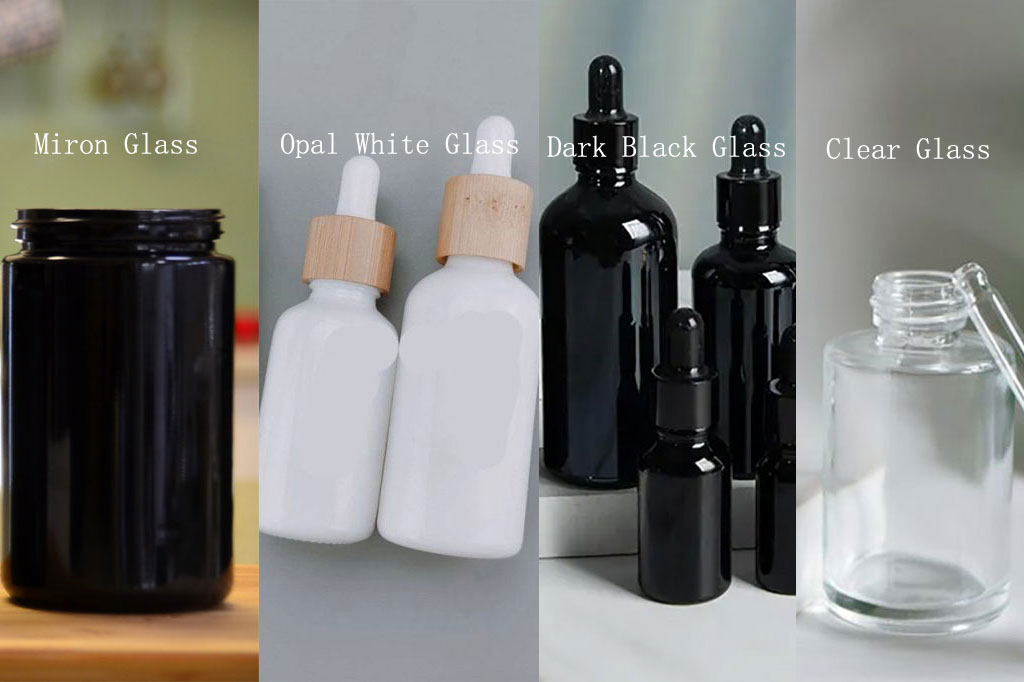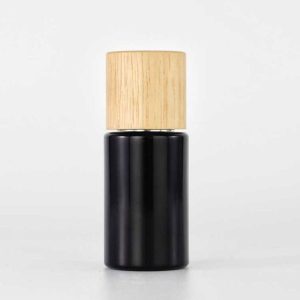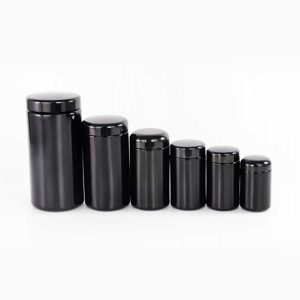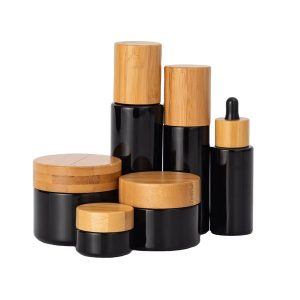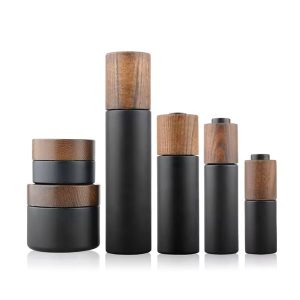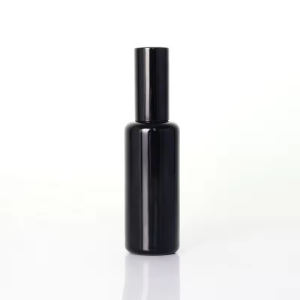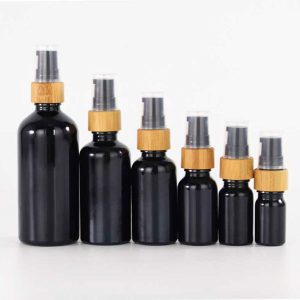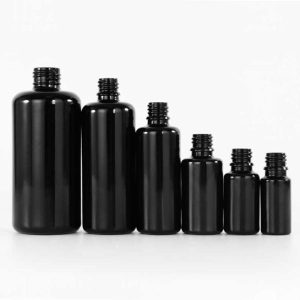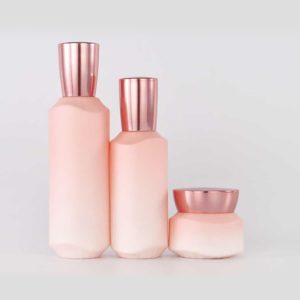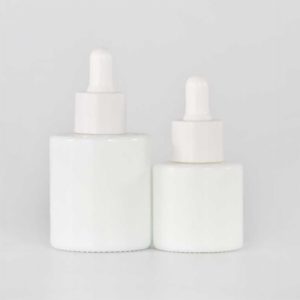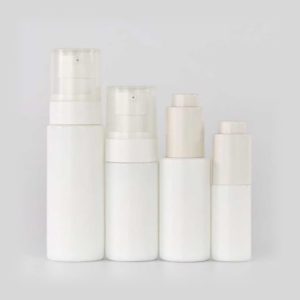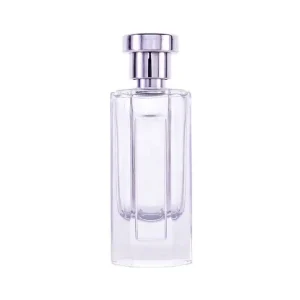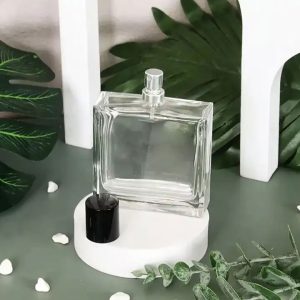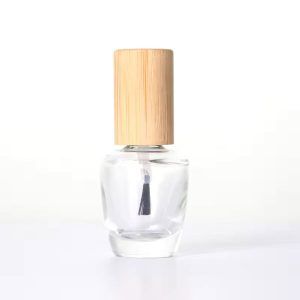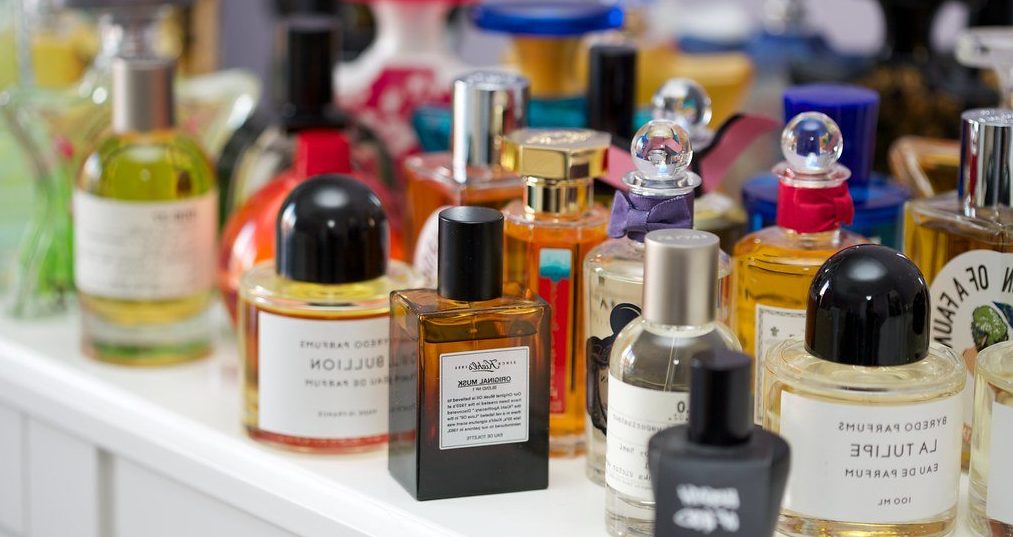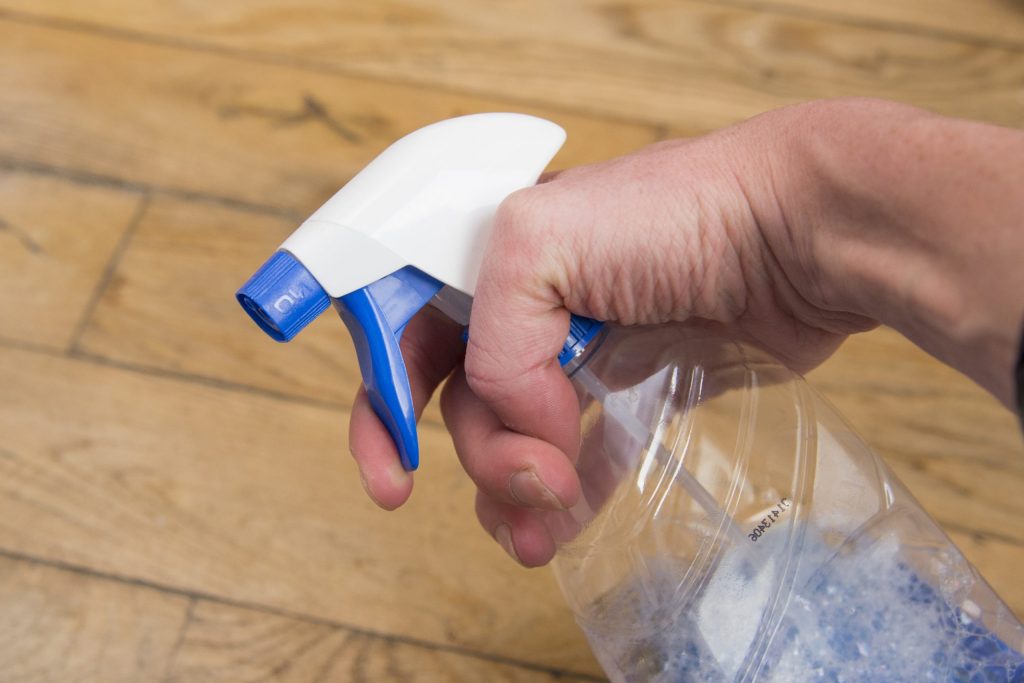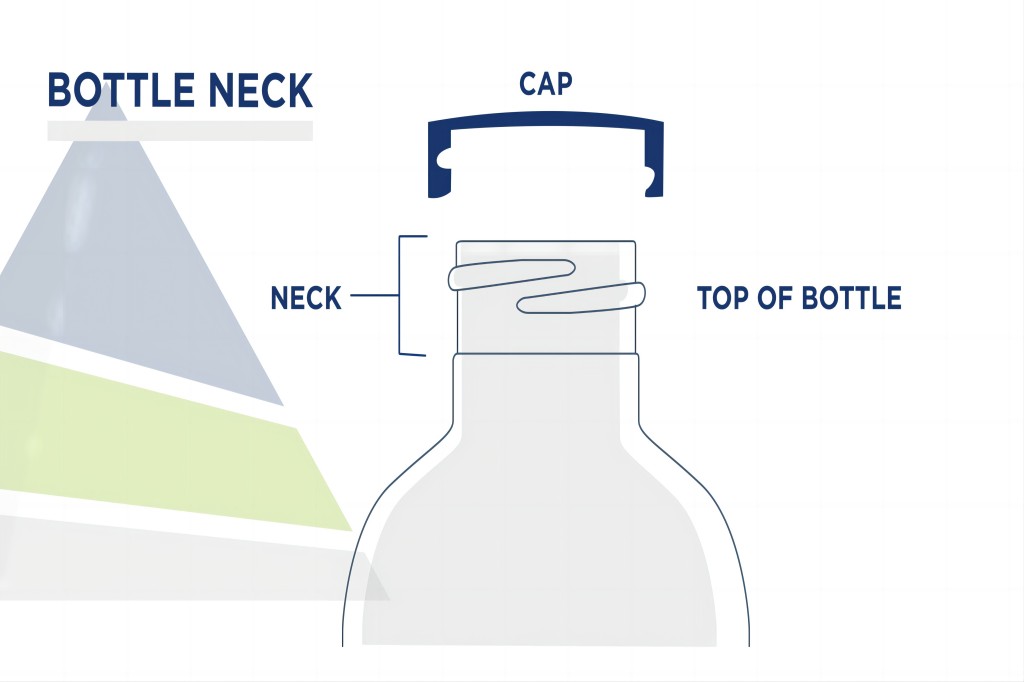Choosing the right cosmetic bottle involves selecting the appropriate glass color, impacting both aesthetics and protection.
Various glass colors in the cosmetic industry have unique advantages and disadvantages, we compared four common cosmetic bottle glass colors: Miron, opaque black, opal white, and clear.
A Quick Comparison
Feature | Miron Glass Bottle | Dark Black Glass Bottle | Opal White Glass Bottle | Clear Glass Bottle |
Material | High-quality, thick violet glass | High-quality, durable black glass | High-quality opaque white glass | High-quality, transparent clear glass |
Appearance | Deep violet hue with a glossy finish | Solid black with a sleek, non-reflective finish | Opaque white, glossy or matte | Transparent, clear glass |
UV Protection | Excellent (blocks most UV rays) | Moderate (blocks some UV rays) | Minimal to none (limited UV protection) | None (fully transparent) |
Use Cases | Premium products like herbal extracts, cosmetics | General use, essential oils | Skincare, pharmaceuticals | Non-light-sensitive products, beverages |
Durability | High durability due to thick glass | High durability with robust design | Moderate durability, suitable for most uses | Moderate durability but less robust |
Cost | High (premium pricing due to quality) | Moderate to high (usually less expensive than Miron) | Moderate (can vary based on usage) | Low to moderate (most affordable) |
The above chart quickly compares these four colors typically used on cosmetic packaging bottles and jars. For more details, please keep reading…
Miron Glass
Also called dark violet glass, offers strong UV protection, filtering out harmful rays while allowing beneficial light to penetrate. This preserves the potency and freshness of light-sensitive cosmetic products.
The unique deep violet color of dark violet glass bottles adds an elegant and luxurious appearance, making them ideal for high-end cosmetic products such as serums, creams, and oils that require maximum protection against light and oxidation.
Pros | Cons |
|
|
Opaque Black Glass
Opaque black glass provides complete UV protection, preventing the degradation and oxidation of cosmetic ingredients. It also blocks out light, maintaining the stability of light-sensitive formulations.
Opaque black glass jars offer a classic, professional look associated with high-quality cosmetics, making them ideal for cosmetics that need strict protection from light, such as serums, essential oils, and fragrances.
Pros | Cons |
|
|
Opal White Glass
Opal white glass offers a stylish appearance, and the opacity gives a more sophisticated aesthetic, While providing moderate light protection compared to Miron or opaque black glass, opal white glass still offers some defense against light exposure.
The versatile design of opal white glass bottles allows for pairing with various closures and labels, enabling the creation of unique and attractive cosmetic packaging. It is suitable for cosmetic products that are less sensitive to light exposure, such as lotions and creams.
Pros | Cons |
|
|
Clear Glass
Ideal for showcasing the product’s appearance and color, offering no UV protection. It’s commonly used for cosmetics that are not sensitive to light or for those where product visibility is desired, like perfumes or brightly colored lotions.
They are also an economical choice, being more affordable than colored or opaque glass options, making them a cost-effective packaging solution. Additionally, clear glass bottles are widely available in various shapes and sizes, making them easy to source for cosmetic manufacturers.
Pros | Cons |
|
|
Conclusion
Miron offers top UV protection but is costly, opaque black has moderate UV protection and a sleek look, opal white has a gentle appearance, great for skincare but less UV protection, clear glass is transparent and affordable but lacks UV protection.
Choosing the right color for cosmetic bottles depends on your product’s requirements and brand style. Consider aspects such as durability, UV protection, and overall appearance to ensure your selection aligns with your brand’s objectives.

